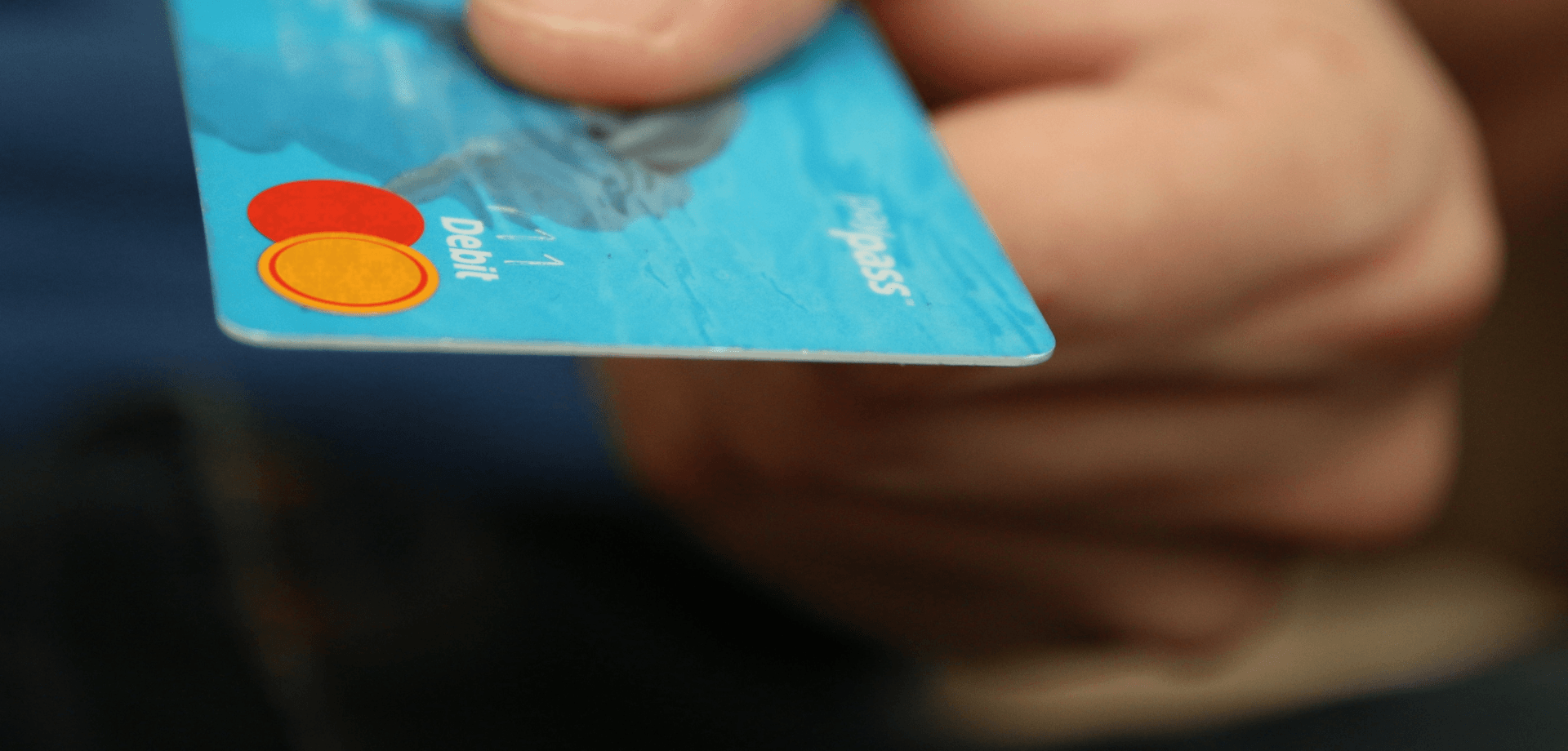
Paying off Debt: Methods and Strategies
The average American has $96,371 in student loan, mortgage, and credit card debt. It’s hard to handle debt, no matter the size.
Even if you’re struggling to pay off your debt and stay afloat, there are ways to help. To break debt bondage, apply this guide’s debt snowball, avalanche, or consolidation tactics.
The Strategy
A few months of joblessness or reckless spending could put someone in the red, but it will take more than that to get out of debt. The key to success is sticking to your strategy no matter what comes up. Keep in mind that consistency and patience will get you to zero balance faster.
No matter how you got into debt, you need a repayment plan. Start with these tips.
- Debt snowball
Like rolling a snowball, the debt snowball strategy gains momentum as you pay creditors. Start with little debts. Start with the lowest debt balance. Pay minimums on all other bills and send additional money to the smallest debt until it’s paid off.
Repeat for other debts. Paying down balances frees up funds for other debts. Progress can motivate you to pay off debts. The debt snowball is best for fast debt repayment.
- The debt avalanche
Debts are ordered by interest rate in the debt avalanche strategy. You rank your loans from highest interest rate to lowest. Pay off the highest-interest debt first while making minimal payments on the rest. This reduces interest payments and frees up money to pay off other debt.
The debt avalanche is best if you want to save money on interest and get out of debt fast.
- Debt Consolidation
Debt consolidation may help you manage several payments and deadlines. Personal loans or new balance-transfer credit cards could be used for this. The lender consolidates all your loans into one loan with one payment. Avoiding missed and late payment costs may offset the higher interest rate.
Calculate your combined interest rate to see if it makes sense for you. Your total loan interest rate. The annual interest paid is divided by the principle due to compute it. Use our debt consolidation calculator.
Debt consolidation is best if you can avoid using credit cards or taking on extra debt while paying off existing debt.
- Debt management plan
Debtors can create a debt management plan with nonprofit credit counseling. An agency will negotiate compromises with your creditors. Lower payments, fair repayment schedules, and debt forgiveness may be possible.
Debt consolidation may be a good option if you struggle to make your minimum monthly payments and want a plan to pay less interest and get out of debt faster.
The Tips
- Stick to a budget
Budgeting is essential for debt repayment. It’s too easy to stray. A budget shows where each dollar goes, helping you find ways to save money.
Once you see your income and expenses in a spreadsheet or app, you can start planning how to pay off debt. Free cash flow is income minus fixed expenses. That money pays variable costs and debt.
- Start an emergency fund
Unexpected car repairs might derail debt repayment efforts. An emergency savings account is necessary since life will continue as you pay off debt.
As much as you may want to pay every spare penny toward your credit card amount, if you’ve paid off half your balance but can’t pay for an emergency, you’d have to charge it again. Experts recommend three to six months of living expenditures.
- Reduce monthly bills
Reduce monthly bills to pay off debt and save. Lowering monthly spending saves money for debt repayment. Cut any unneeded expenses? For a few months, cancel Netflix or cable to save money and time for a side venture. Many utility companies offer free energy audits to reduce heating prices.
- Earn extra cash
Apple pie and side jobs are American staples. Etsy jewelry-making, ride-sharing, and dog-sitting are popular ways to fill leisure time. How can I pay off my debt? Consider ways to make more money.
Hobbies? Have any marketable skills? Which side jobs fit your schedule? Earn extra money and use it to pay off debts.
- Determine your possibilities for getting out of debt.
Debt reduction firms offer to fix issues like debt repayment, but do they? Both. A debt relief company negotiates with creditors to settle or alter your debt. A catch.
Debt reduction companies charge. The company may suggest clients stop paying bills to encourage creditors to negotiate. Late fees, interest, and other penalties will raise debt and harm credit ratings.
Companies can settle or manage some bills, but they may do more harm than good. Before hiring, consider all your possibilities.
Key Takeaways
Debt repayment alternatives abound. Explore the debt snowball, debt avalanche, and debt consolidation methods to find one that works for you. To avoid debt spiraling again, create a budget and emergency savings account.